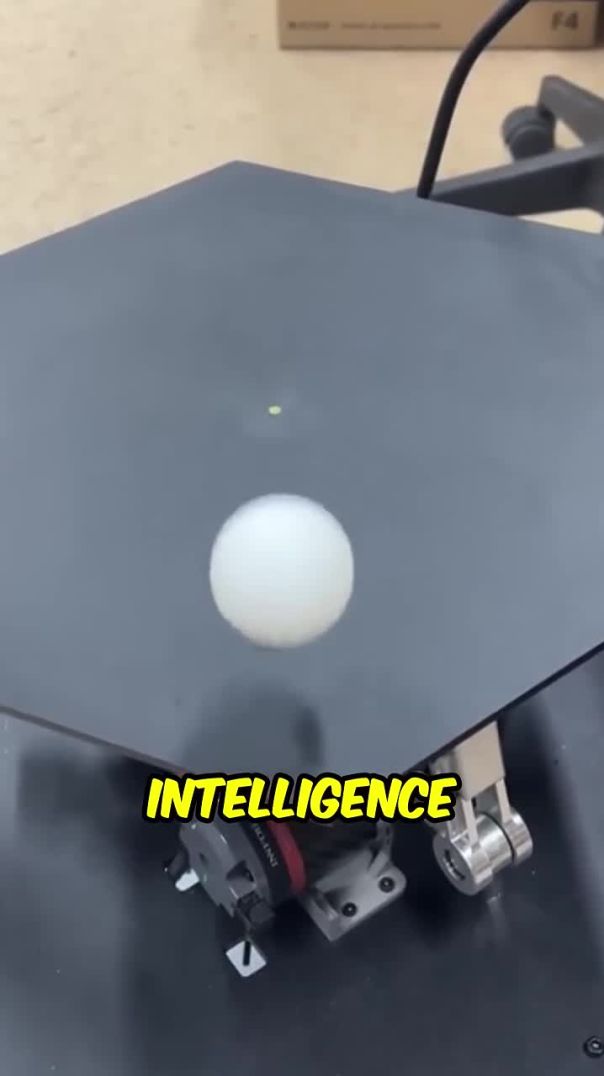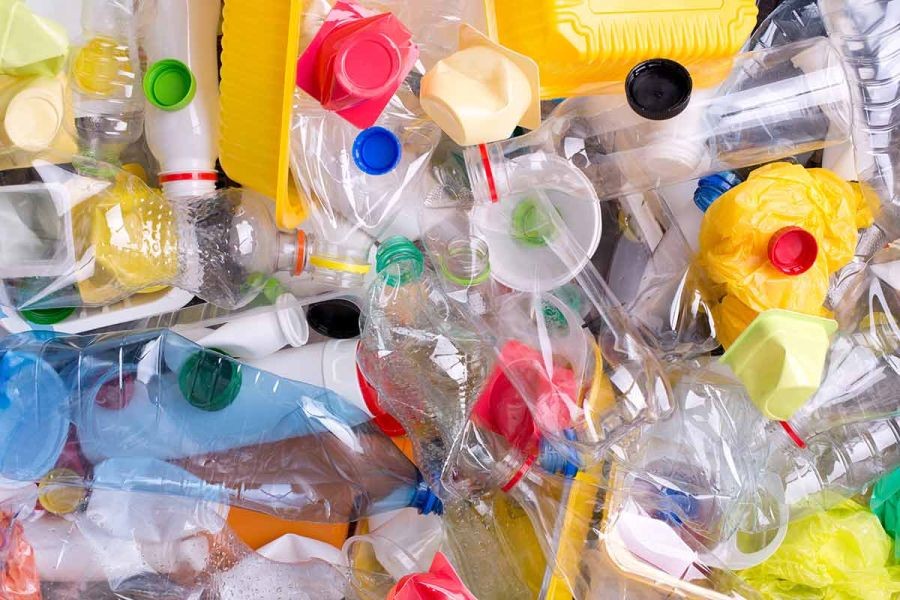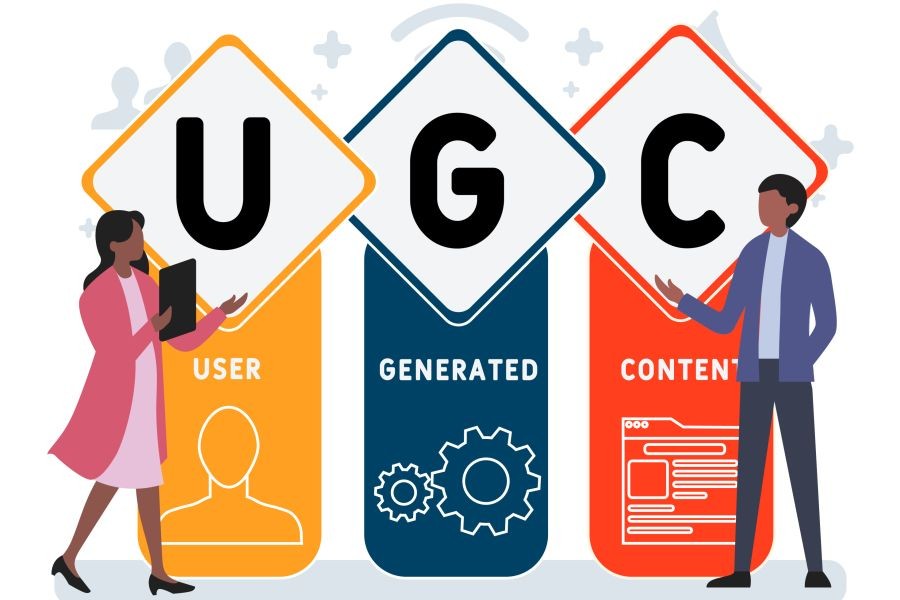Plastic waste is a growing concern worldwide, with implications for the environment, economy, and public health. In New Zealand, the issue is particularly pressing given the country's commitment to sustainability and its reliance on industries like tourism and fisheries, which are directly impacted by environmental degradation. Reducing plastic waste in everyday life is not just a personal responsibility but a strategic move that can have significant benefits for individuals and businesses alike. This article explores practical strategies for reducing plastic waste, evaluates their pros and cons, and examines case studies that highlight successful initiatives in New Zealand.
The Importance of Reducing Plastic Waste in New Zealand
New Zealand's economy is closely tied to its natural environment, with industries such as tourism, agriculture, and fisheries relying heavily on the country's clean, green image. According to Stats NZ, the tourism sector contributed NZD 17.2 billion to the economy in 2019, underscoring the importance of maintaining a pristine environment. However, plastic waste poses a threat to this image, as it negatively impacts marine life and natural habitats. By reducing plastic waste, New Zealand can protect its environment, support its economy, and contribute to global sustainability efforts.
Pros and Cons of Reducing Plastic Waste
Pros:
- Environmental Benefits: Reducing plastic waste decreases pollution, protects marine life, and supports biodiversity.
- Economic Advantages: Eco-friendly practices can enhance New Zealand's reputation as a sustainable destination, boosting tourism and related industries.
- Health Improvements: Less plastic waste reduces exposure to harmful chemicals found in plastics, improving public health.
- Cost Savings: Businesses that adopt sustainable practices can reduce waste management costs and increase efficiency.
Cons:
- Initial Investment: Transitioning to sustainable practices may require upfront costs for businesses and individuals.
- Behavioral Change: Reducing plastic use requires changing long-standing habits, which can be challenging for some individuals.
- Limited Alternatives: In some areas, finding suitable alternatives to plastic can be difficult and costly.
Case Study: Waste Minimization in Wellington
Problem: Wellington, New Zealand's capital, faced challenges with plastic waste management, impacting its natural environment and public image.
Action: The Wellington City Council implemented a comprehensive waste minimization strategy that included initiatives like banning single-use plastic bags and promoting reusable alternatives. The council also introduced educational programs to raise awareness about the impact of plastic waste.
Result: After two years, Wellington saw a significant reduction in plastic waste, with a reported 50% decrease in single-use plastic bag consumption. The initiative not only improved the city's environmental footprint but also enhanced its reputation as a leader in sustainability.
Takeaway: This case study highlights the importance of government-led initiatives in reducing plastic waste. By implementing targeted policies and raising public awareness, cities can effectively address plastic pollution and promote sustainable practices.
Common Myths & Mistakes about Reducing Plastic Waste
- Myth: "Recycling is the only solution to plastic waste." Reality: While recycling is important, reducing and reusing are more effective strategies for minimizing waste, as recycling alone cannot handle the volume of plastic produced.
- Myth: "Biodegradable plastics are entirely eco-friendly." Reality: Biodegradable plastics often require specific conditions to break down and can still contribute to pollution if not managed correctly.
- Myth: "Plastic waste reduction is solely the government's responsibility." Reality: Effective waste reduction requires collective effort from individuals, businesses, and governments.
Future Trends & Predictions
The future of plastic waste management in New Zealand is likely to see increased emphasis on innovation and technology. According to a report by the Ministry of Business, Innovation, and Employment (MBIE), advancements in biodegradable materials and waste-to-energy technologies are expected to play a significant role in waste management strategies. Additionally, increased public awareness and consumer demand for sustainable products will drive businesses to adopt more eco-friendly practices. By 2026, it is predicted that New Zealand could see a 30% reduction in plastic waste due to these combined efforts.
Conclusion
Reducing plastic waste is a critical component of New Zealand's sustainability efforts. By understanding the pros and cons of various strategies and learning from successful case studies, individuals and businesses can take actionable steps to minimize their plastic footprint. Whether through government-led initiatives, innovative technologies, or personal behavioral changes, every effort counts in the fight against plastic pollution.
What's your take on reducing plastic waste in New Zealand? Share your insights below and join the conversation on how we can collectively make a difference!
People Also Ask
- How does reducing plastic waste impact businesses in New Zealand? NZ businesses adopting sustainable practices report enhanced brand reputation and customer loyalty, according to the Sustainable Business Network.
- What are the biggest misconceptions about plastic waste reduction? One common myth is that recycling alone can solve the issue. However, reducing and reusing are more effective strategies, as reported by the Ministry for the Environment.
- Who benefits the most from reducing plastic waste? Environmental groups, local communities, and industries reliant on a clean environment, such as tourism and fisheries, benefit significantly from plastic waste reduction efforts.
Related Search Queries
- How to reduce plastic waste at home
- Impact of plastic waste on New Zealand's economy
- Biodegradable alternatives to plastic
- Sustainable business practices in New Zealand
- New Zealand government policies on plastic waste





































JacklynMar
7 months ago